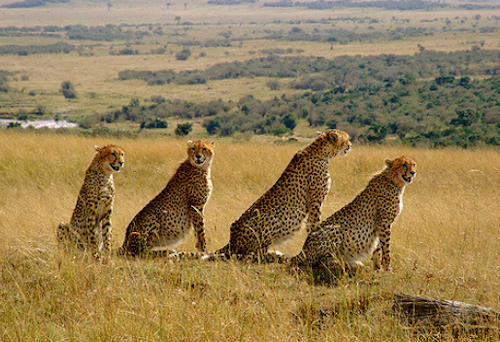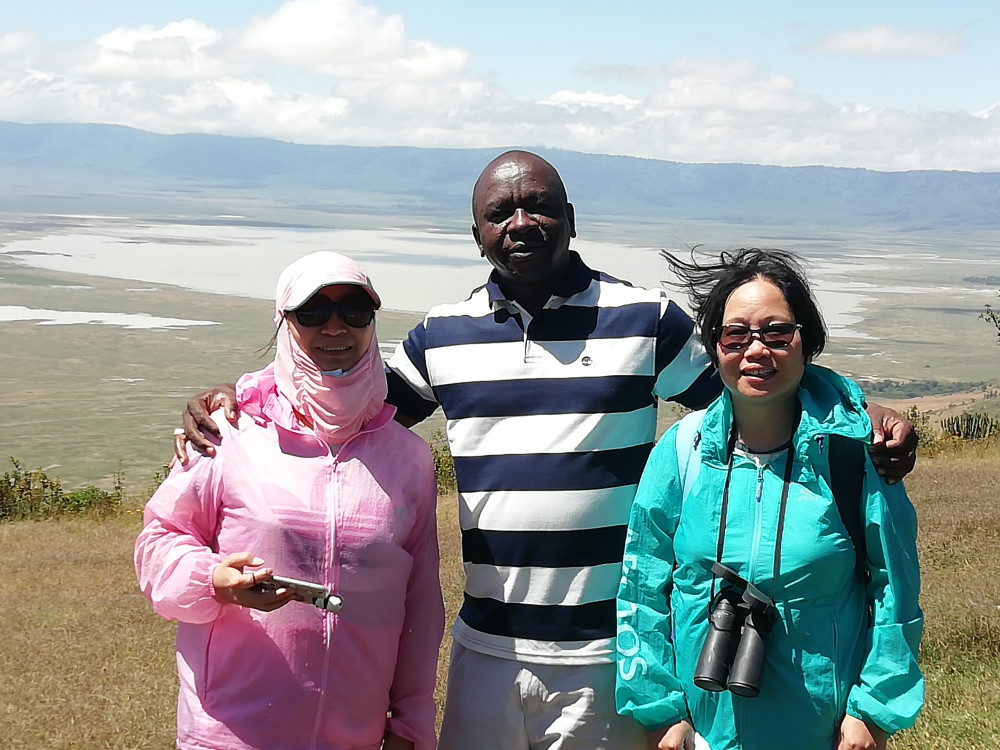Free Tips To Deciding On Park Funzi
Wiki Article
What Are The Security And Safety Factors I Should Be Aware Of When Visiting Mombasa In Kenya?
If you are planning a trip to Mombasa, Kenya, being mindful of security and safety concerns is vital to ensure the most enjoyable and hassle-free holiday. These are the most important points to keep in mind.
1. General Safety
Be informed. Keep track of local travel advisories as well as news from your home country.
Make an appointment at your Embassy.
2. Health Precautions
Vaccinations - Ensure that you've received all your regular vaccinations. Also, consider getting additional vaccines for Hepatitis-A, Hepatitis-B, Typhoid Fever as well as Yellow Fever.
Mombasa's malaria is endemic. Take antimalarial medication, use insect repellent, sleep in mosquito nets and wear long-sleeved shirts at night.
Food and water safety Make sure you drink only bottled water or water that has been boiling. Avoid ice cubes and eat food that is well cooked. Be wary of street food.
3. Personal Security
Avoid walking alone at night: stick to well-lit areas and densely populated areas. Avoid walking in the dark on the beach or in areas that are secluded.
Secure your valuables. Make use of hotel safety deposit boxes for valuables, such as money and passports. Avoid displaying expensive products like jewelry or electronics.
Select a reliable transportation service: Choose licensed taxis, ride hailing services or transportation provided by your hotel. Avoid cars with no markings.
4. Local Laws and Customs
Respect Local Culture: Dress modestly, especially when visiting religious sites. Be aware of local customs and traditions.
Drug Laws: Kenya has strict drug laws with harsh penalties. Avoid any involvement in illegal drug use.
Photographers must always seek permission before taking pictures of individuals, military or government structures, particularly in rural areas.
5. Beach and Water Safety
Swim safely: Listen to the local advice about the conditions of swimming and currents. Utilize designated swimming areas.
Marine wildlife: be cautious of marine life such as sea urchins and jellyfish. When walking on the beach, be sure to wear appropriate footwear.
6. Crime Prevention
Petty crime: In busy areas, pickpocketing and bag-snatching may occur. Keep an eye out and keep your possessions close to you.
Scams: Be wary of anyone who offers overly extravagant assistance or offers that appear too appealing to be real. Use licensed tour companies.
It is important to know local emergency phone numbers for the police (999) as well as fire (999) and ambulance (999). It is essential to keep the contact details of your country's embassy and consulate in your mind.
7. Natural Hazards
Weather: Mombasa experiences a tropical climate. Floods and heavy rains can occur, particularly during the rainy season. Be alert to weather forecasts.
Sun Protection Apply sunscreen and wear a hat to keep from getting sunburn.
8. Travel Insurance
Comprehensive coverage. Make sure that your travel insurance includes insurance for emergency medical situations, theft, and loss, in addition to disruptions in travel. Check that your policy provides insurance for the activities you intend to engage in, for example water sports.
You'll be able enjoy your trip in Mombasa in peace if you keep these security and safety guidelines in mind. Follow the top rated mombasa watamu snorkeling for website examples including kenya mombasa holiday packages, mombasa beach kenya, facts about kenya, trips to kenya safari, safari company kenya, mombasa packages, tour company in kenya, kenya safari holiday packages, mombasa safari, luxurious african safari and more.

What Weather Considerations Should I Be Aware Of When I Visit Mombasa In Kenya?
To make the most of a excursion to Mombasa in Kenya it is crucial to know the local weather patterns. Here are the main weather considerations.
1. Climate Overview
Mombasa has a tropical climate with high humidity and temperatures throughout the year. Expect warm weather with temperatures that typically range between 24degC (75degF) up to 32degC (90degF).
2. Seasons
Hot and humid season (November through April): During this period, temperatures are high and humidity is high. The peak tourist season occurs between December and January.
Long rains: (April-June) The rainy season is marked by heavy rains and storms. Roads can become difficult to navigate and muddy. The low season is upon us.
Cooler Season (June to October): This is the most comfortable time to travel, due to low humidity levels and temperatures. The general weather is pleasant, which makes it perfect for outdoor activities.
Short Rains, from October through November The time that has shorter and less intense rainfalls. The rains typically last for some minutes, and are followed by bright skies.
3. Tips for packing
Bring lightweight, breathable clothing such as linen or cotton to keep cool during hot weather.
Rain Gear: Bring an umbrella, a raincoat and waterproof shoes if traveling during the rainy season.
Sun Protection: Sunscreen that has high SPF, a wide-brimmed hat, sunglasses, and light clothing that cover your skin will aid in protecting your skin from the harsh sun.
Wear your swimming attire to the beach or hotel pool.
4. Weather-specific Activities
Beach Time: The ideal time to be at the beach is in the cooler months (June-October) during which the weather and sea conditions are nice.
Water Sports: The cool and clear water from November through February is perfect for diving, swimming snorkeling and other water sports.
Wildlife Viewing Wildlife Viewing: The cooler time of the year (June through October) is a great time to go on wildlife tours and safaris, as the weather is less harsh.
5. Health Considerations
Stay hydrated. The hot and humid conditions will force you to drink plenty of water. Drink plenty of fluids, especially if you are out in the open.
Health-related diseases involving heat: Pay attention to the dangers of heat stroke or heat exhaustion. Wear loose-fitting clothing and stay away from strenuous exercise during peak heat.
6. Adjustments to Travel
Traveling during the rainy season: Prepare yourself for disruptions to travel during prolonged rainstorms. There may be instances where roads are closed and outdoor activities could be restricted.
The rainy season is often the cause of delays on flights. Be conscious of your travel schedule, and prepare contingency plans.
7. Environmental Concerns
Natural hazards. Beware of the dangers caused by heavy rainfall. Be aware of the current weather conditions and take local advice regarding safety.
Be aware that tides may vary drastically when making plans for beach activities. Be aware of local tide schedules for activities on the beach and swimming.
If you are aware of these weather-related considerations, you can better organize your holiday plans make sure you pack accordingly, and remain safe during the time you spend in Mombasa. See the top rated airport transfers kenya for more tips including mombasa safari, safari mombasa kenya, africa tours and safaris, kenya tourism, kenya tours, trips to kenya africa, kenya safari holiday packages, kenya safari holiday packages, mombasa packages, african safari africa and more.

What Are My Responsibilities As An Environmentalist If I'm On Vacation In Mombasa Kenya?
Being environmentally responsible when on holiday in Mombasa is essential to protect the natural beauty of the place and its biodiversity. Here are some of the most important environmental responsibilities that you should be aware of:
1. Sustainable Accommodation
Eco-Friendly Accommodations: Look for accommodation that is sustainable. Look for certifications like Eco-Tourism Kenya or other eco-labels.
Join hotel initiatives to conserve water and energy. Reuse linens or towels. If not in use shut off lights and air conditioning.
2. Responsible Wildlife Viewing
Be respectful of wildlife. Be careful not to disturb animals by keeping your space secure and them. Follow the guidelines provided by the guide.
Do not feed wildlife. Feeding animals can disturb their diets.
Don't litter in wildlife reserves. Get rid of all your garbage and dispose of it properly.
3. Plastic Reduction
Avoid single-use products. Use a reusable mug bag, bag, or utensil.
Help local initiatives locally. Participate in local beach clean-ups or organizations that work to lessen the impact of plastic pollution.
4. Water Conservation
Mombasa has water shortages. Make shorter showers and turn off the taps whenever you're not using them.
Eco-friendly Products - Choose environmentally friendly and biodegradable toiletries to reduce water pollution.
5. Energy Conservation
Reduce energy use: unplug electronic equipment when it is not in use and restrict the use of air conditioners.
Support Renewable Energy Select accommodations and tour operators who use renewable energy sources.
6. Sustainable Transportation
Cut down on your carbon footprint by taking public transportation, like matatus or buses, as often as possible.
Eco-friendly Options: Consider renting bikes or walking short distances. Certain areas have eco-friendly tuk-tuks.
7. Local economy support
Buy locally: To support the local community, purchase souvenirs, products, and food from local vendors.
Fair Trade: Select products that have been deemed fair trade in order to ensure that local producers receive a fair compensation.
8. Environmental Education
Learn and share: Be informed about your local environment and conservation initiatives. To increase awareness of what you've learned, share your knowledge with your friends and family.
Respect Local Cultural Practices: Learn and respect local customs in the area of conservation of the environment.
9. Marine Conservation
Snorkeling and Scuba diving Make sure not to touch or step on coral reefs. Use sunscreen that is reef-safe to keep marine life safe.
Don't throw waste in the ocean. Join or help support marine conservation programs.
10. Ethical Souvenirs
Beware of Wildlife Products. Avoid purchasing products that are made from endangered species such as tortoiseshell or ivory.
Sustainable Materials: Choose products made of recycled or sustainable materials.
11. Participate in Conservation Activities
Volunteer: Think about taking part in local conservation projects or tourism-related initiatives for the community.
Donate or support local conservation groups and NGOs that work to protect the environment.
12. Responsible Travel practices
Groups of small size to reduce the environmental impact.
Eco-Tours: Select tour operators who follow green practices and have a commitment to sustainable development.
By keeping these environmental duties in mind, it's possible to make a contribution to the protection and beauty of Mombasa and the biodiversity of this region for future generations. Have a look at the best kenya watamu marine national park for website tips including african safari tours, safari a nairobi, tour company in kenya, tour and travels, tour company, kenya safari and beach, tour mombasa, kenya tourism, kenya travel, kenya safari holiday packages and more.
